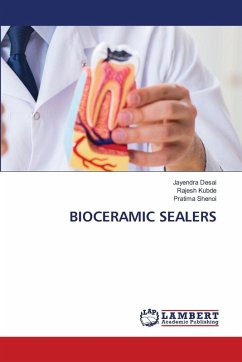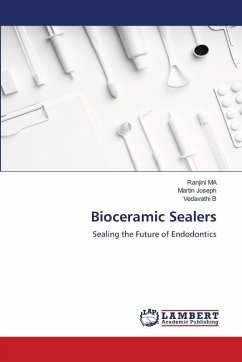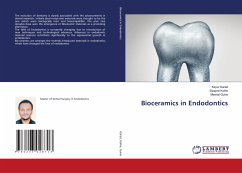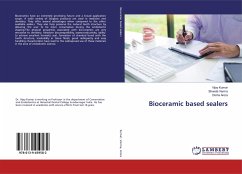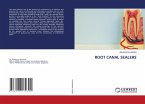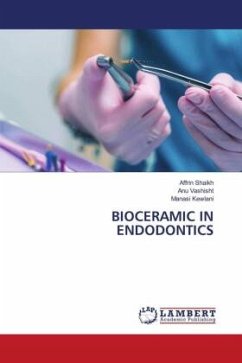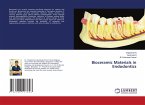Bioceramic sealers have emerged as a significant advancement in endodontic obturation, offering superior biological and physicochemical properties compared to conventional sealers. Composed mainly of calcium silicates, calcium phosphates, zirconium oxide, and other bioactive materials, these sealers closely resemble the mineral content of dentin, ensuring excellent biocompatibility and tissue integration. Their bioactivity promotes the formation of hydroxyapatite upon contact with tissue fluids, facilitating a chemical bond with dentinal walls and stimulating periapical healing.A key advantage is their hydrophilic nature, allowing them to set in the presence of moisture without shrinkage. This property, coupled with a high pH during setting, confers strong antibacterial effects, particularly against endodontic pathogens in residual biofilms. Bioceramic sealers exhibit dimensional stability, low solubility, and do not undergo polymerization shrinkage, thus maintaining a long-term apical seal. Additionally, they are radiopaque, easy to manipulate, and compatible with various obturation techniques, including single cone methods.
Bitte wählen Sie Ihr Anliegen aus.
Rechnungen
Retourenschein anfordern
Bestellstatus
Storno

